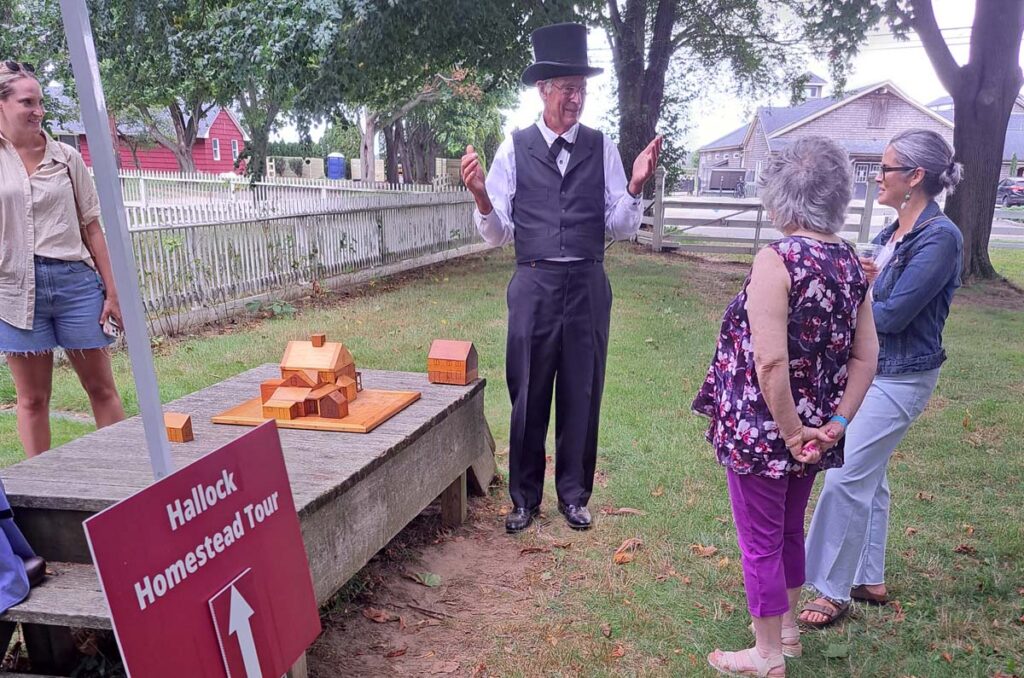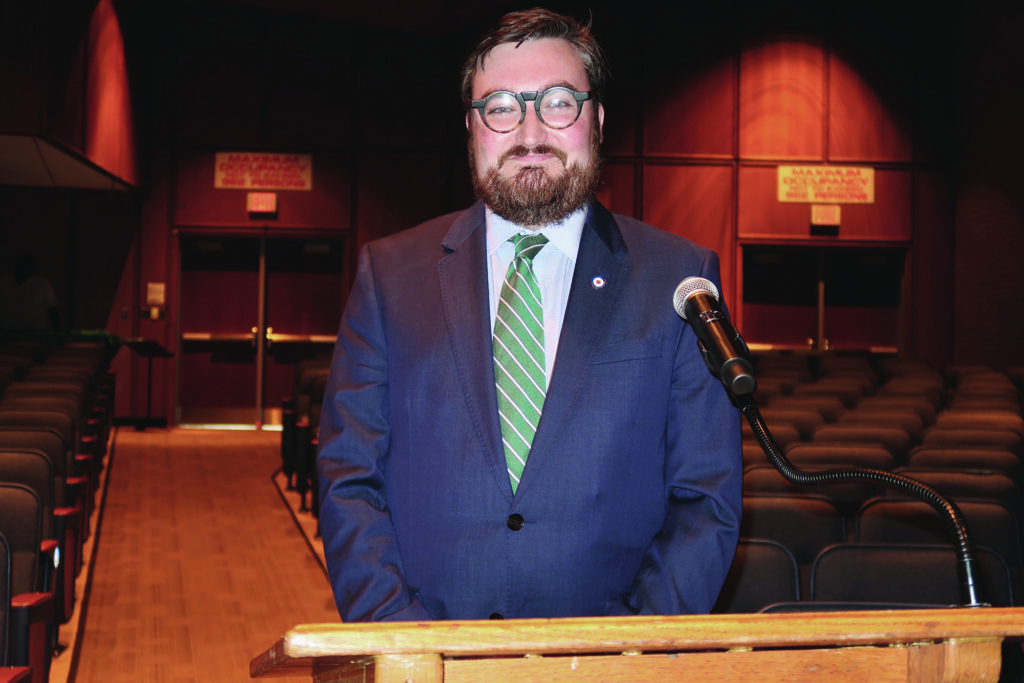Charter school controversy dominates Town Board meeting

More than 50 speakers made public comments at last Wednesday’s Riverhead Town Board meeting — and many more jammed Town Hall to capacity.
The hot topic was the Riverhead Charter School’s plan to expand its facilities on Sound Avenue.
The charter school’s proposal wasn’t even on the Town Board’s agenda for the meeting, as the school has yet to file an application, but the potential expansion has been generating controversy for several weeks.
The school hopes to acquire two parcels on Sound Avenue to expand its existing high school. One is a vacant 12.3-acre property that fronts Sound Avenue adjacent and east of the current school building and would be the site of the proposed development. The other 59.5-acre property sits south of the school and cannot be built on because the development rights were sold to Suffolk County in 1978 and it can be used only for commercial farming. The proposed expansion would need a special permit from the Town Board in order to move forward.
The bulk of the speakers Wednesday were enrolled students who spoke highly of the charter school but said the facility needs to be expanded to allow for a cafeteria, an indoor gym, sports fields and a library, among other amenities.
“I like the school, but there are few opportunities to do extracurriculars,” said eighth-grader William Pierce, who said he hopes to be able to play sports in high school.
“I’ve been attending Riverhead Charter School for nine years and I’ve realized over the years that my education is better than most people my age,” eighth-grader Riley Stark said, adding that one of the main shortcomings of the school is its lack of after-school activities.
Nick Timpone, the charter school’s director of academics, said that the 59.5 preserved acres would be used exclusively to incorporate farming and cultivation into the school’s curriculum.

Many other speakers criticized the very concept of charter schools, which are attended by eligible applicants selected via lottery and funded with tax dollars from those students’ home districts. If a student residing in Riverhead, for instance, attends the charter school, the tax money allocated for their public education goes to the charter school instead of the Riverhead Central School District.
“Charter schools pose a serious threat to the foundation of public education,” said Virginia Scudder of Aquebogue, who, along with several other speakers, argued that charter schools drain needed funds away from public schools.
Riverhead Charter School Superintendent Raymond Ankrum attended Wednesday’s meeting but did not offer any public comments. He did, however, speak via Zoom during a meeting of the Greater Jamesport Civic Association last week. “Our primary objective is to secure both parcels to facilitate the implementation of a farming initiative aimed at providing healthier food options to historically marginalized communities in the region,” Mr. Ankrum said, adding that students would have the opportunity to participate directly in farming activities.
“It’s essential to understand that only 12.3 acres of the land we intend to purchase can be developed,” Mr. Ankrum said in a recent letter to the News-Review. “Our focus remains on providing quality education, not becoming a vast institution. We aim to create a conducive learning environment, not an expansive campus. We advocate for historically marginalized students and families who deserve equitable access to quality education.”








